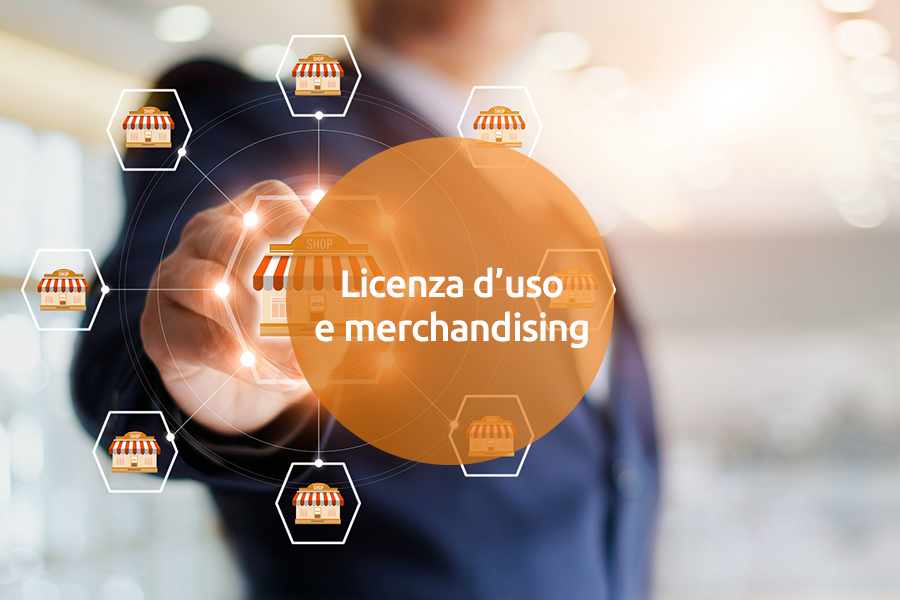Ministerial Decree of 13th August 2010 introduced a number of major amendments to the IP Code. Among these, Article 128 was completely redrafted to allow for the use of a procedure that was formerly applied only in civil law matters: the preliminary technical advice.
Although this procedure has not enjoyed wide use so far, under appropriate circumstances it can be extremely cost effective and useful.
Definition
Despite its location in the IP Code before the articles that regulate description/seizure and prohibition (Articles 129 and 131, respectively), the preliminary technical advice procedure is not a precautionary measure. It is not used to collect proof of illegal behaviour or to stop an assumed infringer from proceeding with actions that are considered damaging to the exclusive rights of a rights holder. Rather, it is directed at the detection or determination of damages resulting from the improper performance of contractual obligations or illegal activity, with the main goal of reconciling differences between the plaintiff and the respondent.
The party requesting this action should apply to the president of the specialised section of the jurisdiction (i.ee, the court department responsible for dealing with IP matters). As a first step, the president will elect a technical adviser for the court to lead the procedure.
The technical adviser stands in for the president and evaluates the plaintiff’s position and, if available, the respondent’s arguments. In addition, the technical adviser attempts to settle the controversy actively before submitting a final technical report to the court.
If the parties reach a settlement, the president implements this final technical report through a decree. If no agreement is possible or if the respondent does not participate in the procedure, the final technical report will form an investigative record of the facts and circumstances of the case. In the latter case, any party participating in the preliminary technical advice procedure may use the final technical report in a subsequent trial or for precautionary measures (e.g., description/seizure, prohibition or negative assessment of infringement).
Comment
In principle, from a strategic point of view the preliminary technical advice procedure may be requested in any patent, trademark or design dispute where prompt settlement of the case (within two to five months) is desirable and where the dispute does not involve the validity of the IP right at issue. In addition, this procedure may be suitable in cases where the parties’ objectives are not in direct conflict.
This procedure represents a non-invasive investigative tool to discover another party's position with respect to commercial intentions and competitive fairness, allowing a rights holder to utilise this cost-effective process in cases where infringement is uncertain.
In general, however, IP lawsuits are usually highly contentious due to the major issues at stake and a rights holder's desire to enforce its exclusive rights to preserve an advantage over competitors. As a consequence, infringement cases often include the issue of the (in)validity of the enforced IP right. In such circumstances, the preliminary technical advice procedure is inadvisable.




